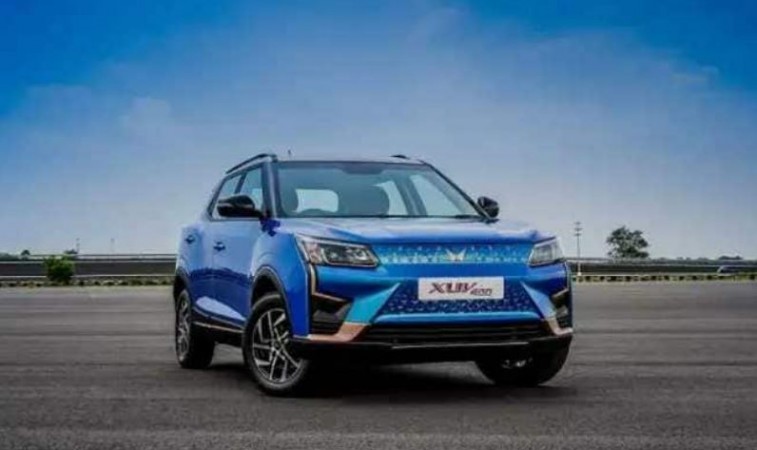
Mahindra & Mahindra continues to be "extremely enthusiastic" about the nation's progressive transition toward the adoption of electric vehicles over the next several years and is developing new products and investments while securing its production schedules. The Mumbai-based carmaker, according to a top corporate official, expects the transition to electric mobility to happen gradually, with the fleet and sports utility vehicle segments set to lead the revolution in the domestic market.
"Our internal research tells us that 25 per cent of the existing SUV buyers would like to consider an electric SUV as their next purchase. The research also tells us that over the next 2-3 years, we will see this kind of transition happening," Mahindra & Mahindra Executive Director (Auto and Farm sectors) Rajesh Jejurikar told PTI in an interaction.
In five years, the business anticipates that 20 to 30 per cent of its SUVs will be electric, according to him. Mahindra has five new electric Sports Utility Vehicles (SUVs) planned, with the first four slated to go on sale between December 2024 and 2026. Mahindra is placing a significant bet on green mobility.
The car manufacturer intends to release the five electric SUVs under two labels. XUV and "BE," a brand that sells only electric vehicles. The "XUV" label will house legacy names, while the "BE" brand will introduce the brand-new electric vehicle. Jejurikar elaborated on the patterns, pointing out that households with numerous automobiles will be the first to adopt electric vehicles on the home market. "Also, the fleet segment will move very quickly to electric as it makes economic sense for them," he added.
However, Jejurikar predicted that sales of electric hatchbacks and sedans in the personal market would be delayed because consumers would not want to spend more upfront for the sole vehicle in the household without sufficient charging infrastructure.
"In the SUV space, whether entry or mid-sized, there will be a much faster adoption as they are typically part of households which have more than one car," he added. When asked if the time was ripe for electric mobility to bloom in the country, Jejurikar said: "It is both yes and no. Currently, the penetration is 1 per cent in the C segment and around 4 per in the B segment. Is this 1 and 4 per cent going to go up to 30 and 40 per cent overnight, no, it is not going to happen."
He further said, "But we are going to see steps towards 10 per cent 15 per cent and which is why 20-30 per cent penetration in the next 4-5 years is a realistic road map for the segments which we operate in."
According to Jejurikar, the business anticipates making a definitive decision about the infrastructure needed to produce its electric sports utility cars within the next 3-6 months. The business has previously debuted the mid-sized XUV 400, its first electric SUV under the XUV brand, which will be produced at its Nashik facility in Maharashtra.
Given the incentives being provided, it is currently in discussions with the governments of three to four states to finalise the manufacturing schedule for the remaining goods. In the following three to six months, Jejurikar said, "We'll have to make a decision."
On an electric motorway, from Delhi to Jaipur? the test run begins
Limited edition of Audi Q7 launched at Rs 88.08 lakh in India
Kia India reaches another milestone, exports 1.5 lakh vehicles in three years